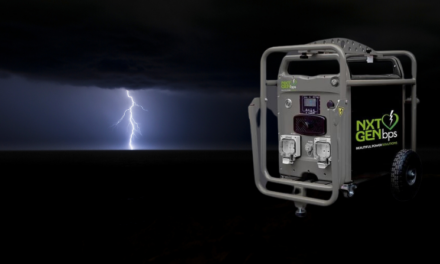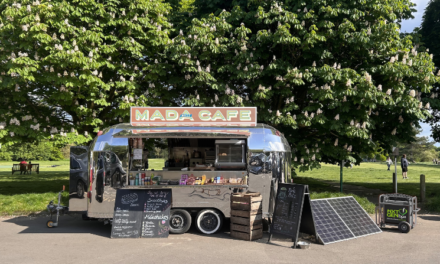Alberts 5 top tips for sustainability in film and TV
As we look back at the ground-breaking Albert sustainability summit held in September 2022, these five pearls of wisdom for all in the business of producing film and TV output are as valuable now as they were last year. In fact, as the urgency to address this issue grows Alberts advice becomes even more pertinent.
So here are five ways to save the world on your next production.
1. Prioritizing Preproduction
Integrating sustainability right from the start of production planning is a must! By publishing a “Green Memo” to give sustainable strategies to cast and crew, the organization sets a clear, environmentally friendly course. Albert’s encourages recycling and reusing set materials, costumes, and props. They also recommend employing local crew and resources, reducing the need for travel and thereby limiting a production’s carbon footprint.
2. Embracing Low-Carbon Fuels
Albert have highlighted the widespread usage of diesel generators, despite their toxic impact on both the environment and crew health. They championed cleaner alternatives such as HVO fuel, electric batteries, and green hydrogen, all the while stressing the importance of reducing energy consumption and promoting energy efficiency.
3. Harnessing Technological Innovation
Technology is going to be the real game changer in facilitating sustainable production. From advocating for virtual productions that trim post-production timelines and carbon footprints, to the use of drones and remote working, all our approaches must embrace technological innovation. Using drones for aerial shots has revolutionized aerial filming in the last 10 years, it is just one area that technology has transformed there will be many more to come in the months and years to come.
4. Encouraging Reuse, Renew, and Recycle
Albert encouraged productions to tap into the vast pool of unseen and unused footage that already exists, promoting the concept of open-source filming. The potential for repurposing this footage could save time, resources, and the environment.
5. Learning from Collective Experience
Albert, with its wealth of knowledge gained from working with countless productions committed to improving their sustainability practices, serves as a remarkable resource for learning. Their shared experiences, from employing cardboard set pieces to installing EV chargers on sets, exemplify the breadth of their innovative approach.
You can find scores of case studies and other valuable materials on the Albert Website.





